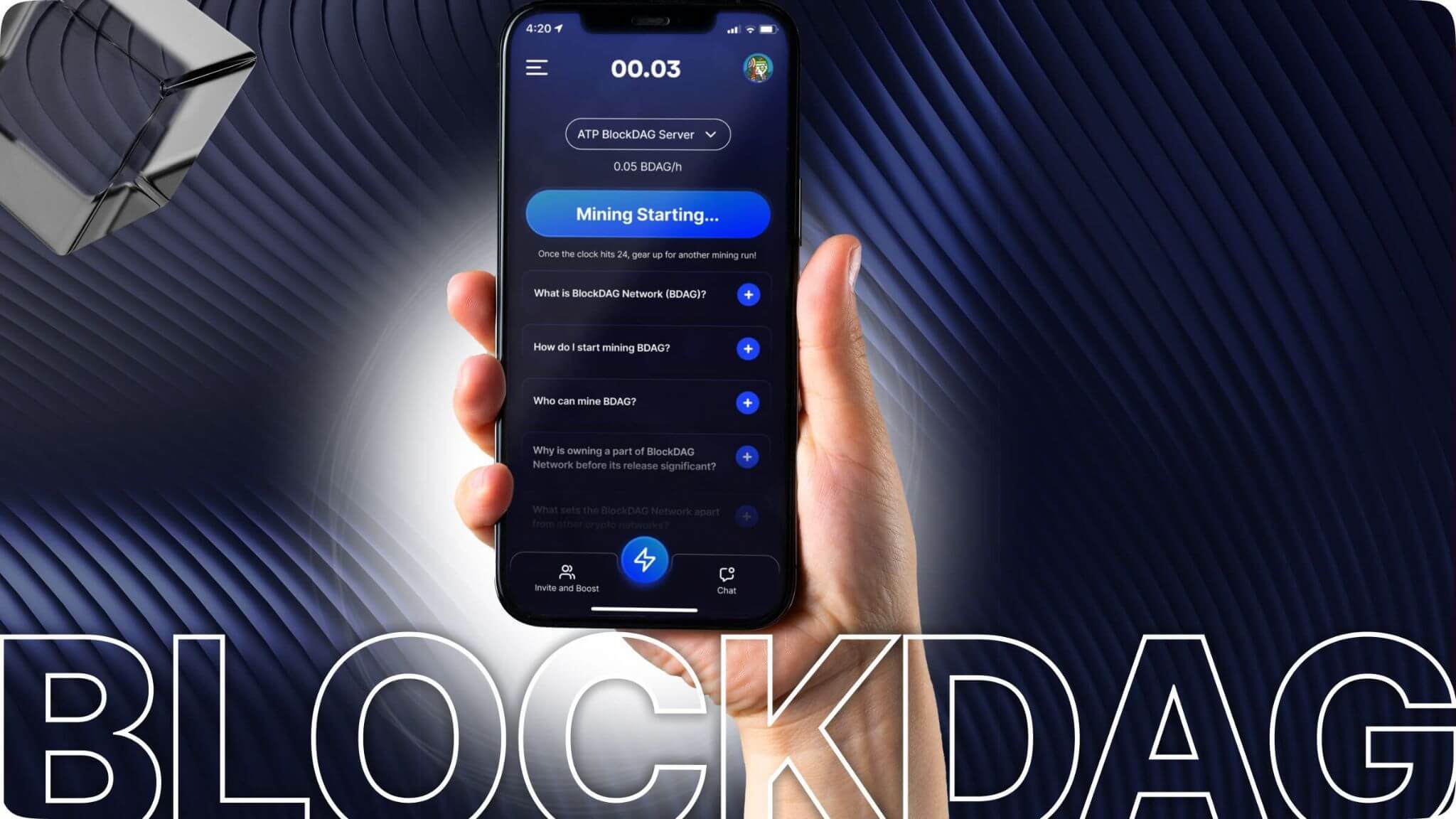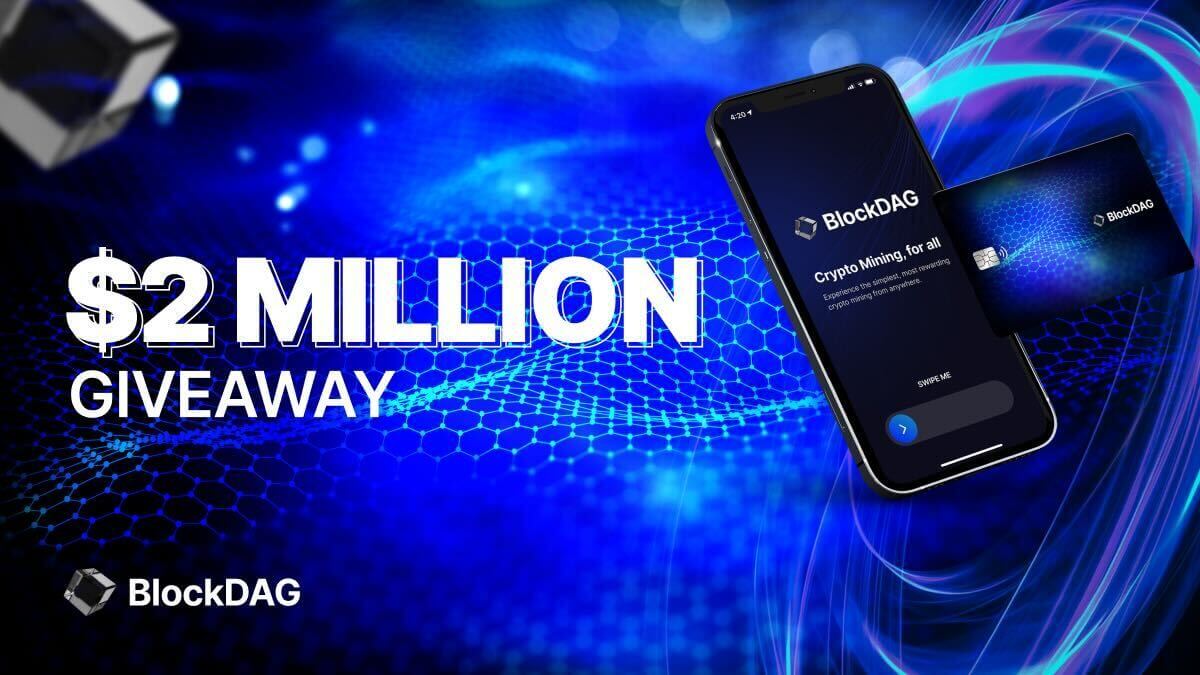- Paradigm leads a $55 million round for zero-knowledge proofs startup Succinct.
- The funding was for the platform’s Seed and Series A rounds.
- It attracted venture firms Robot Ventures and Bankless Ventures and angels Sreeram Kannan and Sandeep Nailwal from Eigenlayer and Polygon respectively.
Succinct, a crypto startup that wants to make zero-knowledge (ZK) proofs accessible to any developer, has secured $55 million funding from top venture investment firms.
According to a blog announcement the startup published on Thursday, tech investment firm Paradigm led the financing across Succinct’s Seed and Series A round.
The financing attracted participation from among others, Robot Ventures, Bankless Ventures, and Geometry. Angel investors included Eigenlayer’s Sreeram Kannan, Polygon co-founder Sandeep Nailwal, Dev Ojha from Osmosis and Celestia co-founder John Adler.
Making ZK proofs accessible to developers
The Succinct team noted that ZK proofs are gaining traction across the blockchain ecosystem.
This includes in scaling, interoperability and privacy developments. However, most developers still find ZK proofs “too complex”.
Succinct aims at lowering this barrier using its zkVM, SP1, and decentralized prover network.
“SP1 is the first 100% open-source zkVM performant enough to rival custom ZK circuits,” the startup wrote.
“With SP1, developers can use ZK with normal programming languages, reuse existing crates and libraries, and iterate quickly with auditable and maintainable code. SP1 shows that an extremely optimized, general-purpose system can match the performance of hand-written, specialized approaches that have historically been the only option,” the platform noted in the blog announcement.
Celestia, Wormhole, Lido, Near and Gnosis are among blockchain networks that currently tap into Succinct’s infrastructure to build their ZK-enabled applications.
The post ZK proofs startup Succinct secures $55 million round led by Paradigm appeared first on CoinJournal.



